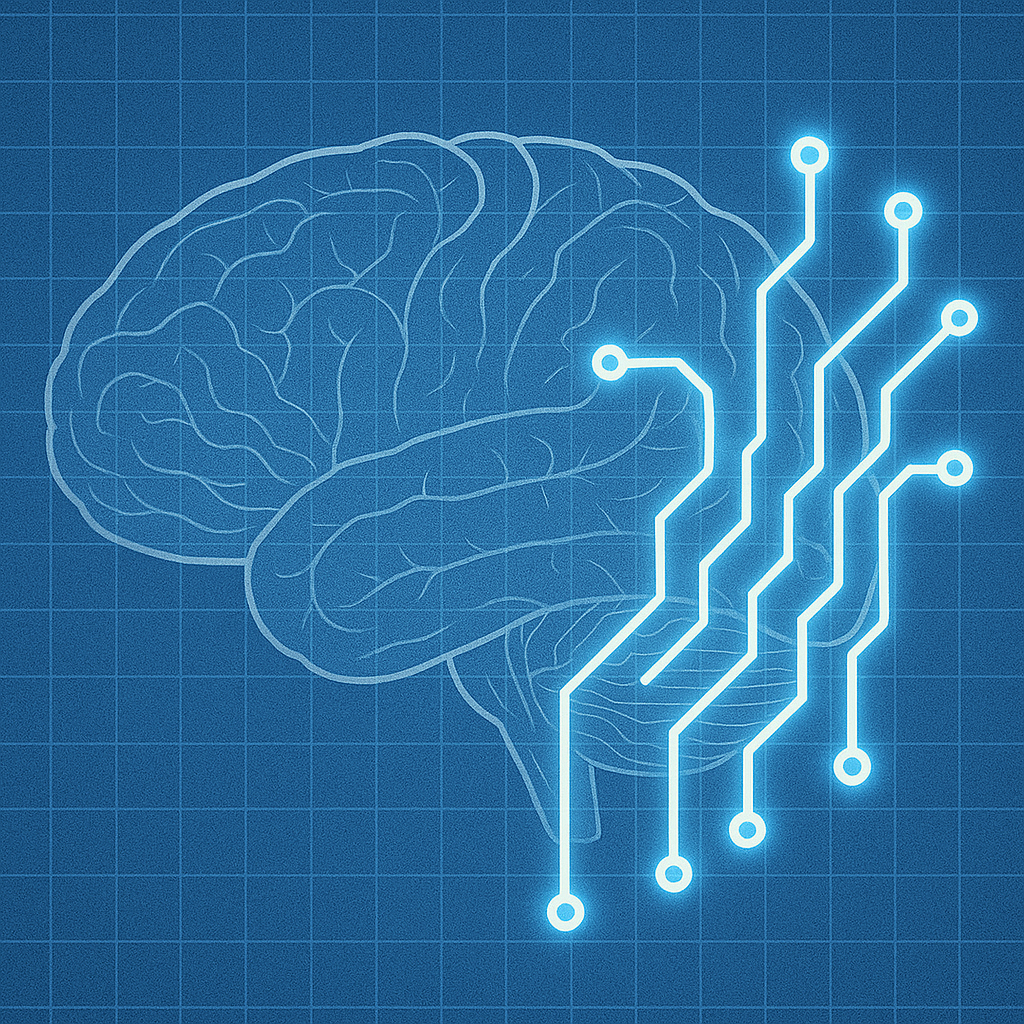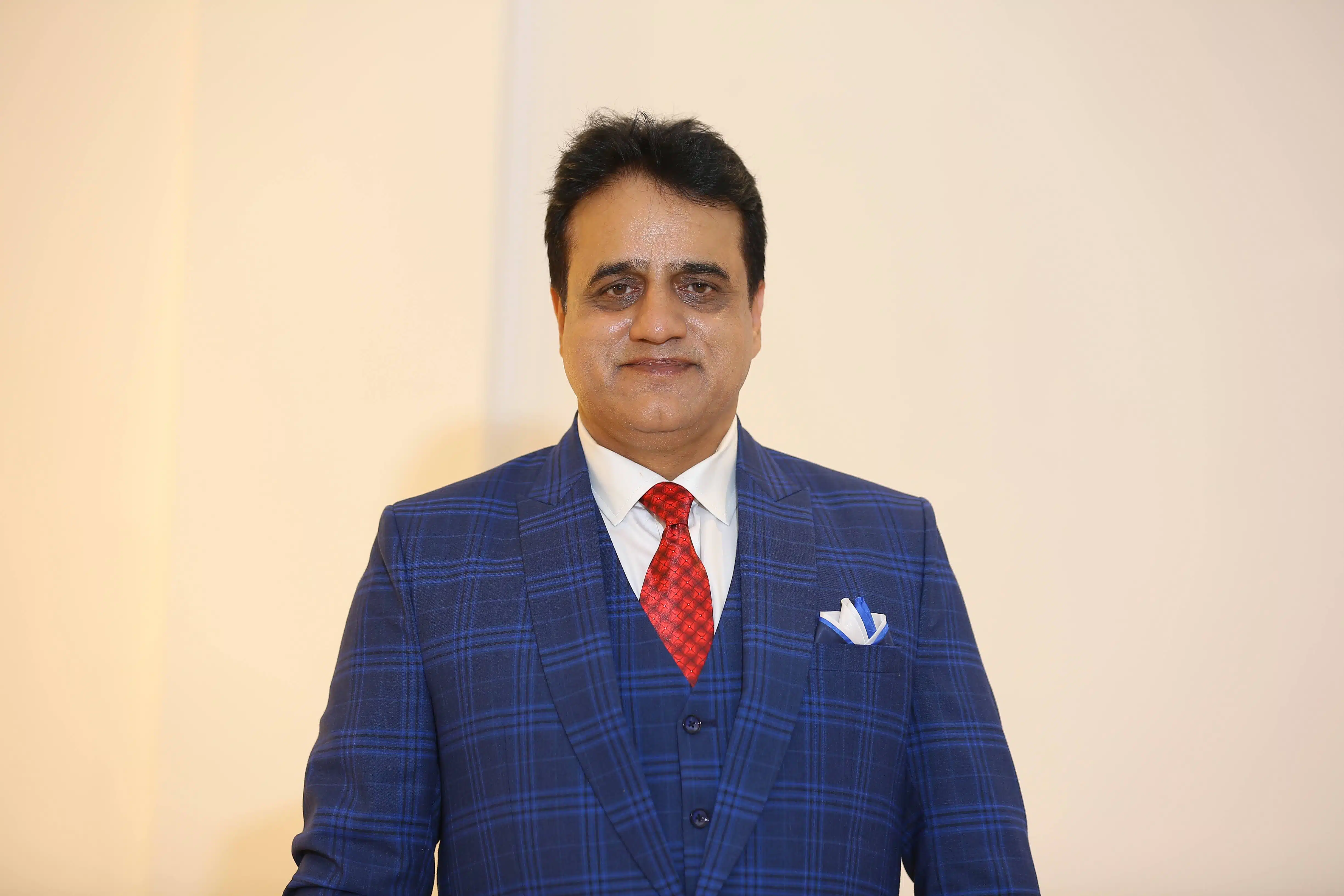In a candid interview, WhatJobs’ Chief Operating Officer cuts through the noise to explain what business owners actually need to know about the biggest topic in tech.
It’s impossible to read the news right now without being bombarded by stories about Artificial Intelligence. We’re told it’s a revolution that will change business forever, but we’re also warned of job losses, ethical nightmares, and the risk of being left behind.
For the average business owner, the reality is confusing. What’s real and what’s just hype?
To get a no-nonsense perspective, we sat down with Adil Rehman, Chief Operating Officer at the global job technology company WhatJobs. As the leader responsible for overseeing the company’s operations and technology infrastructure, he offers a grounded, practical view on what AI really means for the world of hiring.
Kris Paterson: Hello, Adil. Thanks for doing this. I want to cut right through the usual corporate hype. Business owners are being bombarded with two conflicting stories about AI. On one hand, a revolution. On the other, a threat. From your position, what do you believe is the single biggest misconception business owners have about AI right now?
Adil Rehman: The biggest misconception is that AI is magic. It isn’t. It’s maths, data, and logic — not a miracle.
People either panic that it’ll take every job or pretend it’ll solve every problem. Both are nonsense. AI is only as good as the people using it and the systems it sits on. Most companies throwing the word around don’t even understand their own data.
At WhatJobs, we don’t treat AI like a headline — we treat it like infrastructure. It cleans millions of listings, detects spam, and matches candidates with precision a human team could never reach at scale. That’s the reality. It doesn’t replace people; it removes inefficiency. The winners won’t be the ones who shout about AI. They’ll be the ones who actually build with it.
Kris Paterson: I want to push back on that line: “It doesn’t replace people; it removes inefficiency.” For a small business with a dedicated recruiter, their entire job is that “inefficiency”—sifting, filtering, matching. When your AI handles that with precision, isn’t it inevitable that that person’s role becomes redundant? Where does that job go?
Adil Rehman: You’re right — AI will change that job. But it won’t remove it.
The recruiter’s role isn’t to sit in front of a screen clicking filters all day. That’s busywork — and yes, AI can do that better. But the part that actually matters — understanding people, reading between the lines, knowing when a candidate fits a culture — that’s not inefficiency. That’s judgment.
What AI does is strip out the noise. It gives that same HR person time to do the work that actually creates value: building relationships, closing hires, and shaping teams.
“If someone’s job can be replaced entirely by AI, it probably means it wasn’t designed properly in the first place. AI doesn’t erase roles — it exposes weak ones.”
Kris Paterson: That’s a compelling vision. But let’s be frank, most small business owners are fighting to survive. What happens when a larger, tech-savvy competitor uses AI to automate half their recruitment process, hiring faster and cheaper? Isn’t the real, immediate threat of AI not that it will replace your staff, but that it will empower your competition to make you irrelevant?
Adil Rehman: That’s the real risk, yes — not losing people, but losing pace.
The danger isn’t AI itself. It’s watching from the sidelines while others use it properly. The companies that fall behind aren’t beaten by machines; they’re beaten by faster thinkers.
And this is where smaller businesses have a hidden advantage. Big corporations move like tankers — slow, political, bloated with process. A small business can pivot overnight. It doesn’t need a committee to approve change; it just needs the will to use the tools that are already out there.
“AI doesn’t replace small business — it levels the field for the ones smart enough to use it.”
Kris Paterson: So, what’s the first tangible step for that owner who has the courage but not the time or technical expertise? Are they supposed to become an AI expert overnight?
Adil Rehman: Nobody needs to become an AI expert overnight — that’s the myth. If you run a bakery, you don’t need to know how ChatGPT works any more than you need to know how the internet’s DNS system works. You just need tools that do the job better, faster, and cheaper.
The smart move isn’t to learn code or build models. It’s to pick partners who’ve already done that hard work and focus your time on what only you can do — your craft, your customers, your decisions.

“AI isn’t another mountain to climb; it’s the engine under the bonnet. You don’t need to build the engine — you just need to know how to drive.”
Kris Paterson: That leads to the crucial question of trust. When an AI is working ‘behind the scenes’ on my hiring, how do I know it’s not making mistakes or developing hidden biases? How do you ensure the business owner is still in the driver’s seat?
Adil Rehman: AI makes mistakes every day — of course it does. So do people. The difference is that AI improves from them. Humans tend to repeat them.
The real problem isn’t that AI gets things wrong; it’s that most businesses pretend it doesn’t. At WhatJobs, we test and train constantly. We know bias exists, so we track it, measure it, and fix it. And we never let the system make the final call. AI sorts and filters; humans decide. The AI just clears the fog on the windscreen so they can see the road better.
“If you ever find a company that says their AI never makes a mistake, run the other way. Either they don’t understand it, or they’re lying.”
Kris Paterson: So, let’s look forward. Beyond defense, where does AI go on offense? What’s the most exciting proactive application you’re seeing?
Adil Rehman: Most companies use AI defensively — to tidy up their mess. We use it offensively — to build smarter systems that don’t just respond, they anticipate. At WhatJobs, AI isn’t just cleaning data; it’s shaping how opportunity is created in the first place. AI now writes and localises job content, answers career questions, and predicts where demand will rise before employers even post the job. That’s offense — turning intelligence into foresight. We’re using it to make hiring more human, not less, and to give every business the tools to compete before the game even starts.
Kris Paterson: So the message is to demand more from your partners. To find platforms that aren’t just using AI as a buzzword, but are embedding it deep into their infrastructure.
Adil Rehman: That’s exactly it. Right now, the AI space feels like a Royal Rumble — noisy, chaotic, full of people throwing wild punches just to be seen. Everyone’s shouting about disruption, but very few are actually building anything that lasts.
At WhatJobs, we’re not in the middle of the brawl. We’re watching from the ropes — patient, strategic. We know that when the dust settles, the hype will fade, and the pretenders will fall out of the ring. And that’s when we make our move.
Because by then, while others were fighting for attention, we’ll have built the infrastructure, the intelligence, and the scale to show what real execution looks like. That’s not arrogance. It’s preparation. And when we step forward, the industry will see the difference between talking about AI — and living it.




